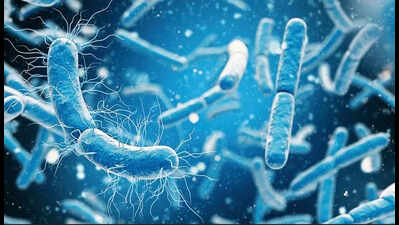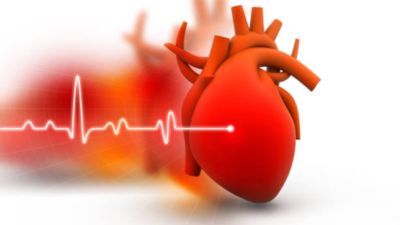Hyderabad: Researchers have isolated a potent strain of bacteria from a petroleum-contaminated site in Nacharam area, capable of efficiently degrading harmful petroleum hydrocarbons. Their findings, published in ‘Nature Scientific Reports’ on May 17, spotlight Rhodococcus indonesiensis strain SARSHI1 as the most promising candidate among five identified strains with oil-degrading and biosurfactant-producing potential.The study, titled ‘Isolation and Characterisation of Novel Hydrocarbon-Degrading Bacteria from Oil Polluted Soil near Nacharam, Hyderabad, India,’ was conducted by Anuraj Nayarisseri of In Silico Research Laboratory, Eminent Biosciences, Indore, and Rajabrata Bhuyan from the department of bioscience and biotechnology, Banasthali Vidyapith, Rajasthan, along with their team. It involved extensive sampling across a heavily polluted industrial zone in Nacharam, where soil contamination is linked to nearby petroleum stations and associated activities.Using soil probes at depths ranging from 10 cm to 1 metre, the team collected 72 samples. From these, five bacterial strains were found to possess both hydrocarbon-degrading capabilities and the ability to produce biosurfactants—natural compounds that aid in breaking down oil. The strains were identified through rRNA gene sequencing and further confirmed using biochemical assays.Among the five, Rhodococcus indonesiensis SARSHI1 stood out, demonstrating hydrocarbon degradation efficiency of up to 90%, along with substantial biosurfactant production. Importantly, phytotoxicity tests confirmed the strain to be safe for environmental use, marking it as a potential game-changer in the field of bioremediation.The strain also showed remarkable adaptability to polluted environments, underscoring its readiness for practical deployment. According to the researchers, SARSHI1 holds promise for large-scale industrial application, both in biosurfactant production and in the treatment of petroleum-contaminated environments.This discovery gains urgency in the context of petroleum hydrocarbon pollution (PHP), a growing global concern caused by oil spills and industrial discharge. PHP leads to severe ecological consequences, including genetic mutations in living organisms, ecosystem collapse, and increased chemical oxygen demand in water bodies.








